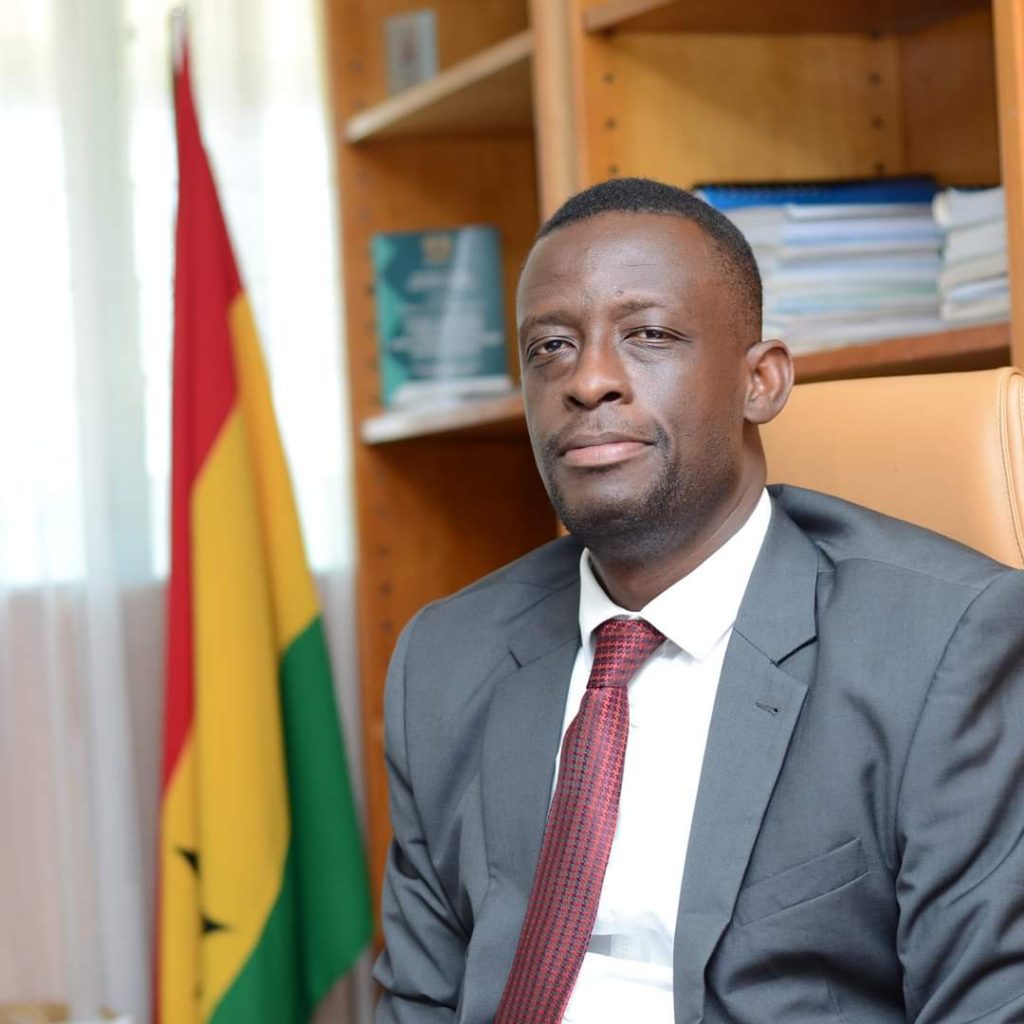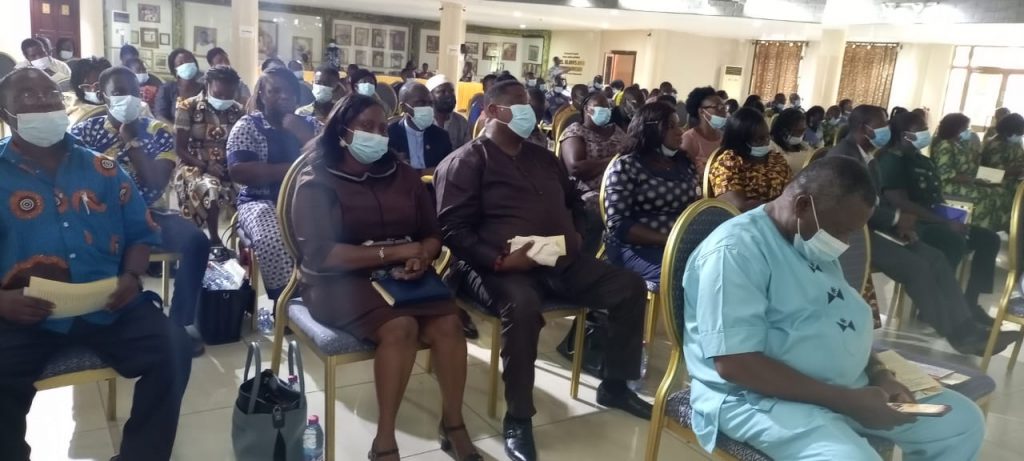NPP-Government invests in TVET to address unemployment, Regional Minister

Western Regional Minister, Mr Kwabena Okyere Darko-Mensah has said the current NPP-Government under President Akufo-Addo recognizes the “undoubted impact” of Technical, Vocational Education and Training (TVET) on the economy, and its potential to address unemployment issues in the country and has thus made the biggest investment to strengthen TVET service provision.
This, he said, is evident in the millions of Ghana Cedis the Government is pumping into the sector in the form of rehabilitation and building of new workshops and other infrastructure, re-tooling of same, the provision of operational equipment and facilities, such as vehicles.
“We are also aware of the reforms the Government was making as part of a five-year strategic plan to streamline and transform the TVET sector nationwide”, he emphasized.
Mr Darko-Mensah made the statement in a speech read on his behalf by the Western Regional Coordinating Director (RCD), Mr Frederick Agyemang at the opening ceremony of a 3-day Maiden Annual Educational Retreat Workshop in Takoradi.
He maintained that with the passage of the Pre-Tertiary Education Act (Act 1049) of 2020, the Government was in the process of establishing a Service to decoupling TVET from the Ghana Education Service where TVET will have its own Director-General and Regional Directors for more focused attention.
He recalled that the Government in 2018 declared the Ghana Beyond Aid Agenda which was about building a Ghana that creates wealth from its resources and accordingly, taking the right initiatives and providing the enabling environment to boost manufacturing and to spur Ghana’s industrialization.
The Minister hinted that the Western Region under his leadership has over the period pursued the “Enterprise Western Region Agenda” whose overarching objective was for people of the region to own the productive assets.
He was therefore of a strong conviction that, a revived and well capacitated Technical and Vocational sector will have a lot to offer in the realization of these agendas.
He noted that the COVID-19 pandemic has shown that there was a need to get the right tools and strategies to craft a modern education.
He said among modernized education, digital learning was an essential service and for that matter, the availability and potential of technology meant that digital learning should be part of a basic basket of essential services for every child and young person.
According to him, the health crisis demonstrated that for Ghana to truly leapfrog ahead in its development trajectory and become a more resilient nation, its citizenry and labour force will need to be equipped with the skills and capabilities to critically and innovatively respond to evolving challenges.

Thus, the national education system must necessarily move beyond its current rigid framework, towards encouraging critical and innovative thinking and the development of 21st-century skills and competencies, for such vision to be realized.
He stated that modern education should accredit basic skills such as reading, writing as well as skills in problem-solving, creativity, critical thinking, and Technical, Vocational Education and Training (TVET) that young people need for work to start business and to engage productively in their communities.
Story: Seth A Danquah





